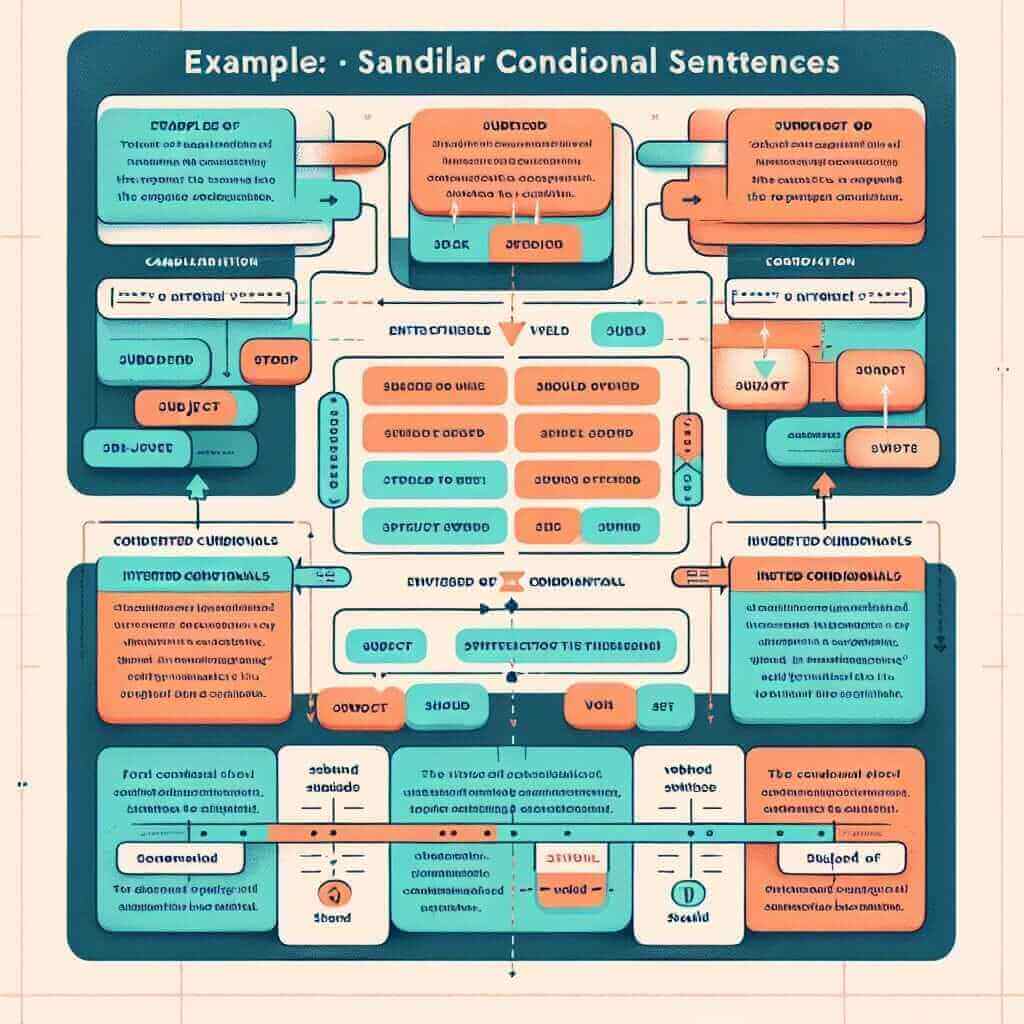The phrase “Should the worst happen, remain calm” presents a grammatical structure often overlooked by IELTS candidates: the inverted conditional. This structure, though seemingly complex, can significantly enhance your writing and speaking, particularly in expressing hypothetical situations. Let’s explore its nuances and how to wield its power for IELTS success.
Understanding Inverted Conditionals
Inverted conditionals, also known as conditional inversions, offer a formal and elegant way to express hypothetical scenarios. Unlike typical conditional sentences that rely on “if” clauses, inverted conditionals invert the subject and auxiliary verb, omitting “if” altogether.
Consider these examples:
-
Standard Conditional: If you need assistance, please ask.
-
Inverted Conditional: Should you need assistance, please ask.
-
Standard Conditional: If the experiment fails, we will try again.
-
Inverted Conditional: Should the experiment fail, we will try again.
In both cases, the inverted conditional adds a layer of formality and sophistication to the sentence.
Structure and Application in IELTS
The structure of an inverted conditional is precise:
Should + Subject + Verb (base form) + …, + Main Clause
Let’s analyze its application in various IELTS sections:
IELTS Writing Task 1 (Describing Trends):
- “Should the trend continue, renewable energy sources will dominate the market by 2050.” This sentence effectively highlights a potential future outcome based on current data, demonstrating a strong grasp of complex grammatical structures.
IELTS Writing Task 2 (Opinion Essay):
- “Were governments to invest more heavily in public transport, car dependency would undoubtedly decrease.” This statement presents a strong argument by positing a hypothetical scenario and its likely consequence, showcasing a high level of grammatical range and accuracy.
IELTS Speaking Part 3 (Discussion):
- Examiner: “Do you think technology will replace teachers in the future?”
- Candidate: “That’s an interesting question. While technology offers incredible tools for education, I believe human interaction remains vital. Should technology completely replace teachers, we risk losing the essential element of human connection in learning.” This response demonstrates a nuanced understanding of the topic and utilizes the inverted conditional to present a balanced and well-reasoned viewpoint.

Mastering Inverted Conditionals for Higher Band Scores
To achieve those coveted band 7+ scores, consider these strategies:
- Vary Your Sentence Structure: Don’t overuse inverted conditionals. Instead, use them strategically to create sentence variety and demonstrate your grasp of complex grammar.
- Maintain Clarity and Conciseness: While inverted conditionals add sophistication, ensure your sentences remain clear and easy to understand. Avoid convoluted phrasing.
- Context is Key: Employ inverted conditionals in situations where they enhance the formality or impact of your writing or speaking.
Common Errors and How to Avoid Them
Even seasoned IELTS candidates stumble with inverted conditionals. Here’s how to sidestep common pitfalls:
-
Incorrect Verb Form: Remember, the verb following “should” in an inverted conditional is always in its base form, regardless of the subject.
- Incorrect: Should she arrives late, we’ll start without her.
- Correct: Should she arrive late, we’ll start without her.
-
Missing Comma: In most cases, a comma separates the inverted conditional clause from the main clause.
- Incorrect: Should the weather deteriorate we’ll stay indoors.
- Correct: Should the weather deteriorate, we’ll stay indoors.
Conclusion
Mastering inverted conditionals, like the one in “Should the worst happen, remain calm,” can significantly elevate your IELTS performance. Remember, it’s not about overusing complex structures but about employing them judiciously to showcase your grammatical range and control. Practice consistently, pay attention to the nuances, and watch your IELTS scores soar!